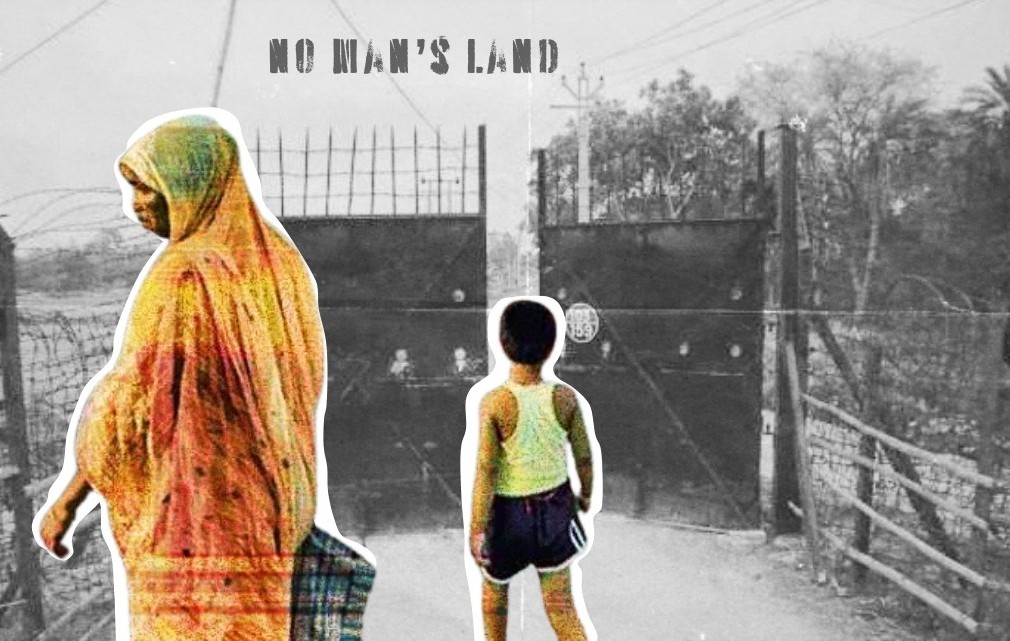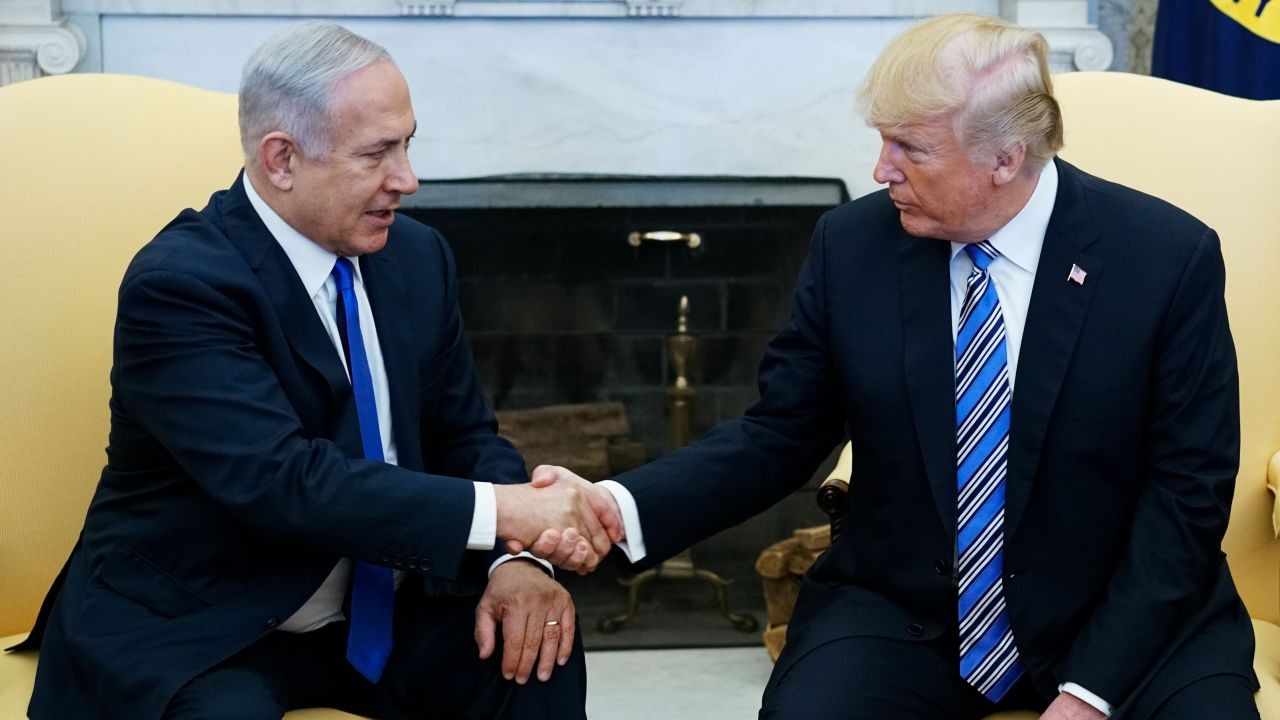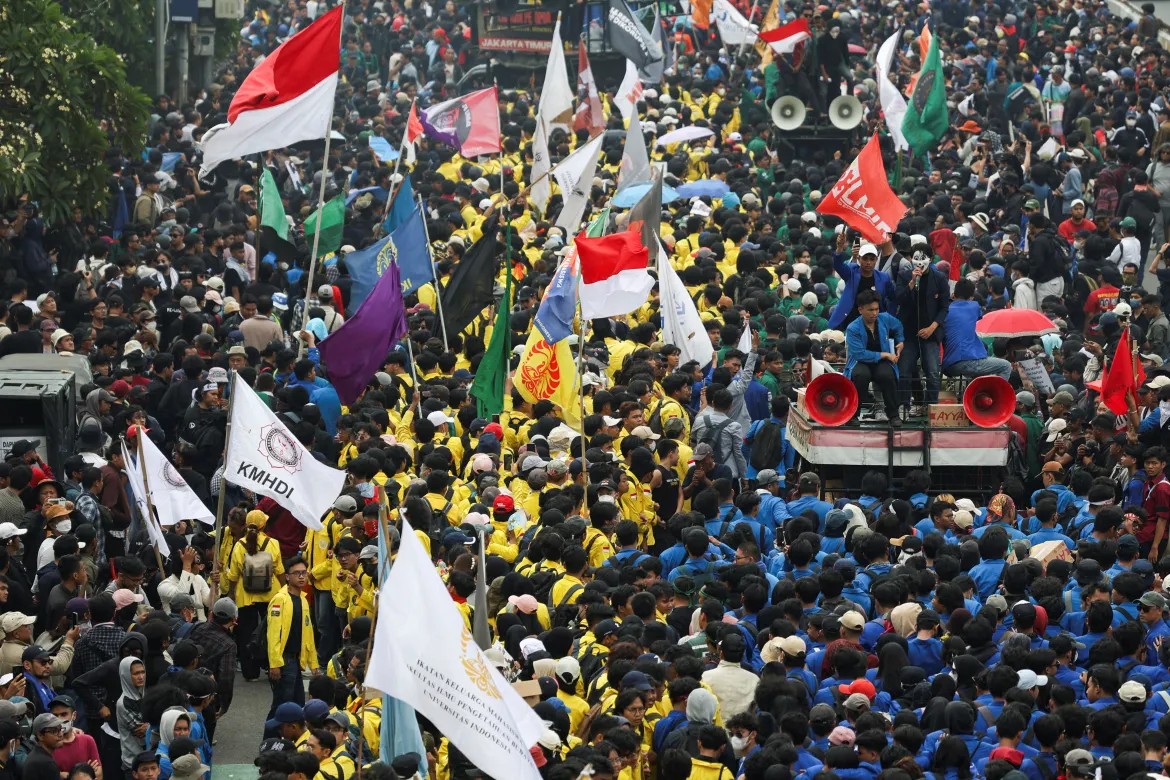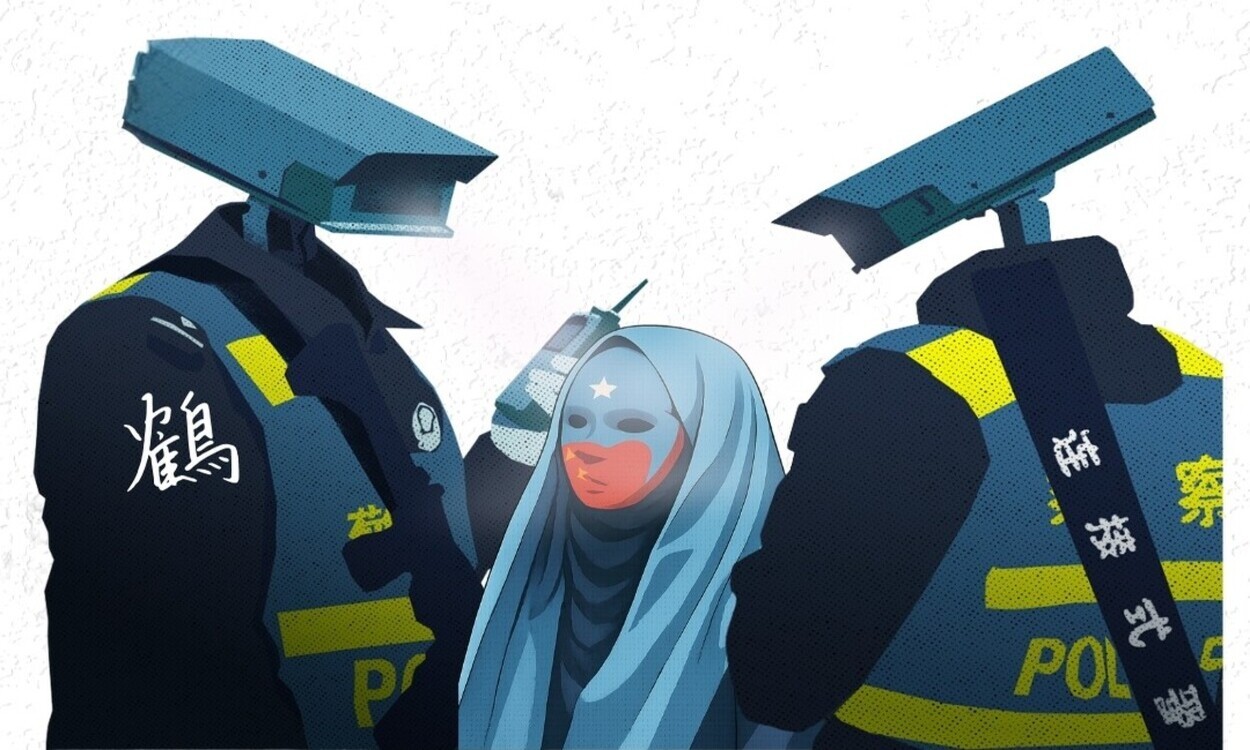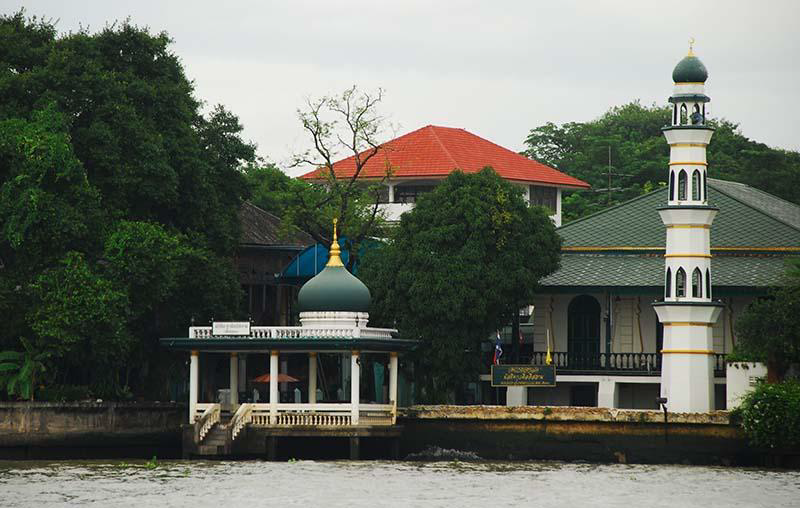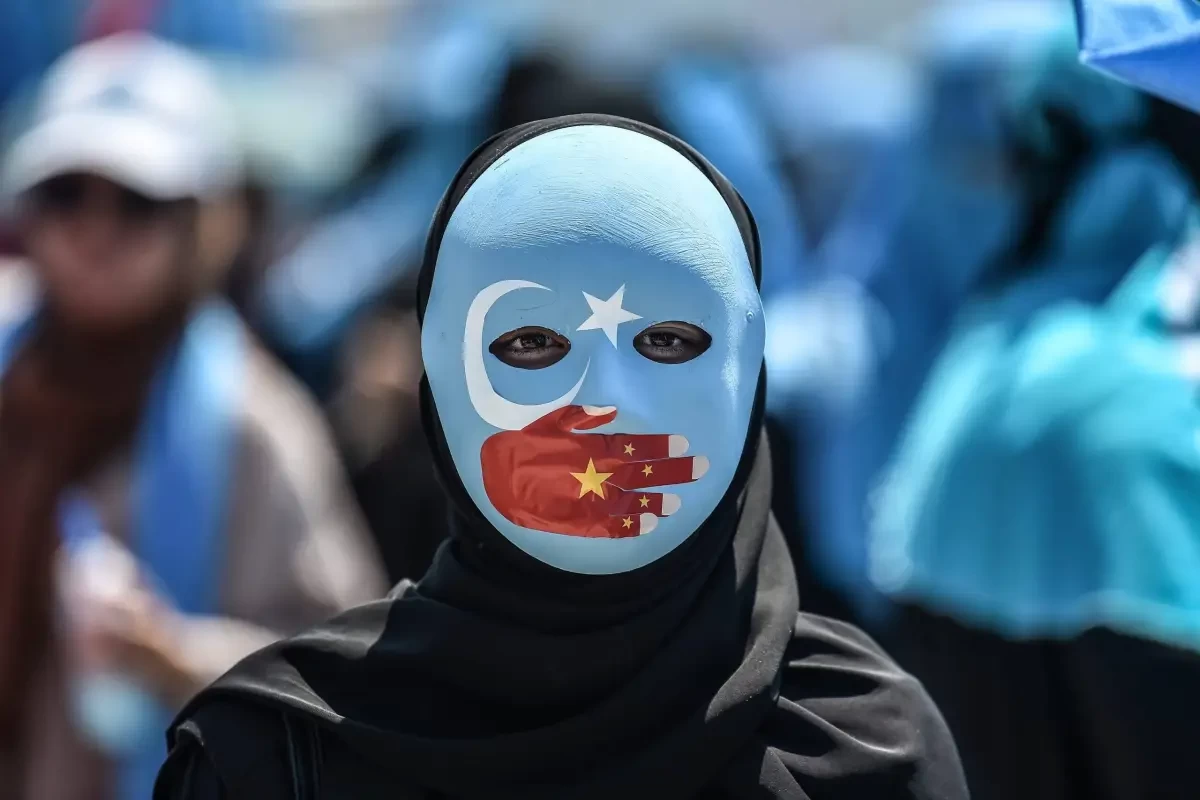
Islamophobic Red: The Chinese Atrocities in East Turkistan
China, officially known as the People’s Republic of China, is a country that emerged in 1949 in Eastern Asia. It covers a vast territory of 9,596,961 km2, and includes the regions of East Turkistan, Tibet, Inner Mongolia, and Taiwan. China operates with a political system based on communism, socialism, and one-party rule, under the Chinese Communist Party that holds exclusive legitimacy and power. The country promotes atheism, communism, materialism, and Chinese nationalism, and emphasizes Chinese civilization, and culture (ETHR, 2022).
An estimated 40-50 million Muslims live under China’s control, comprising Hui Zu within China and Uyghurs, Kazaks, Kyrgyz, Uzbeks, and others in occupied East Turkistan. Since China’s occupation of East Turkistan in 1948, the region has faced massive and systematic assimilation policies, including cultural and language revolutions, arrests of elites, destruction of Islamic and cultural heritage, and forced Sinicization.
China has implemented assimilation policies under a colonial strategy in East Turkistan, aiming to alter the region’s local elements and suppress resistance against assimilation and legitimization of its occupation. The strategic significance of East Turkistan to China lies in its energy reserves and its role as a gateway for the Belt and Road Initiative, a grand strategy pursued since 2013 (ETHR, 2022).
The Chinese main ideology, grand strategy, and colonization mission view any resistance to them as a threat to national interest, security, and the Chinese Dream (national goals). Islam, with its long history in East Turkistan, is deeply integrated with the region’s cultural and national identity while the Muslim identity serves as a source of ideological and active resistance against Chinese colonization, Sinicization, and communism.
In conclusion, China’s fear of Islam is rooted in its desire for identity assimilation, success of its grand strategy, and colonization of East Turkistan. This fear has led to Islamophobia at the national level against all Muslim communities in particular in East Turkistan to the extent of committing an alleged genocide there.
Phobia of Chinese Dream
The Chinese Communist Party, under Mao Zedong’s leadership, established the new China based on communism, aiming to create a homogenous society with communist ideology and economy, atheism, and materialism. Religion, particularly Islam, was viewed as a threat to the party’s hegemony, as it rejected communism and resisted autocracy. Islam also became an ideological base for resisting assimilation, integration, and colonization in East Turkistan. This historical background explains China’s longstanding tense relationship with Islam and how it poses an obstacle to their policies of communization and Sinicization in East Turkistan (ETHR, 2022).
Despite some reforms after 1975, China continued to restrict Islamic education, Muslim identity, and Islamic studies in East Turkistan. Mosques had age and gender limitations; Islam was banned for children until 18. Muslim scholars and most of Imams were held in detention. Meanwhile, The Chinese government promoted atheism and demonized Islamic values and history. The first year of primary school starts with atheism and rejection of existence of God and all non-material ideology. In the third year, all students should become red scarf by promising to be non-religious. This anti-Islam environment created the Islamophobic elites, Islamophobic government officials, Islamophobic academics, Islamophobic teachers, Islamophobic civil servants, Islamophobic polices, and Islamophobic doctors who already were the normal reality of the life in East Turkistan. This Islamophobic environment affected both Muslims and non-Muslims, fostering biased Islamophobic interpretations and assumptions, as well as the Islamophobic expectation and demands from government (Center for Uyghur Studies, 2023).
Islam, a powerful force for resisting assimilation, posed the biggest threat to China’s colonization policy in East Turkistan. To make Islam more amenable to colonization, China altered Islamic texts and teachings about resistance. China was aiming to create a colonization friendly Islam. Western war on terrorism provided China with a better excuse to cover its Islamophobic crimes after 9\11, and China joined the war on terror but directed it specifically to East Turkistan against Muslims, using anti-terrorism and de-radicalization as new terms for their Islamophobic policies and discourses (Beydoun, K. A., & Crenshaw, K. 2023).
This fear of Islam persisted throughout China’s 65 years of occupation of East Turkistan until 2013. In that year, Xi Jinping proposed the Belt and Road Initiative, highlighting his concerns over the failure of assimilation efforts and the role of religion in maintaining Muslim identity separate from non-Muslim settlers and leadership. Despite 65 years of assimilation efforts, East Turkistan’s people maintained their identity and resistance, largely thanks to Islam. This posed a significant threat to China’s colonization policy and its grand strategy. Thus, Xi declared a war on terror in East Turkistan, identifying Islam as the main factor of terrorism (Luqiu, L. R., & Yang, F., 2018).
Islamophobic Genocide
Throughout its history, East Turkistan has endured numerous massacres and oppressions, leading to a dearth of human rights and dignity under China’s rule. However, the scale of genocide perpetrated by China on a global stage has shocked the world. According to the Uyghur tribunal, the rapid assimilation process, constituting genocide, began in East Turkistan after 2017, with preparations dating back to 2014. The genocide’s facet tied to Islamophobia can be outlined as follows:
- East Turkistan’s vital geographical and political position, serving as a gateway for China’s ambitious New Silk Road strategy towards Central Asia and Europe. The resistance of East Turkistan against assimilation over half a century imposes a threat to the success of the grand strategy that established everything on the bases of East Turkistan. This fear was the excuse of Xi and its central leadership to declare war in East Turkistan against terrorism and radical ideology in 2014 and announced the war mode in the region, and Islam was in the first place of the list as the most effective factor of resistance against all the Sinicization. “Islam equals Terrorism” framed by China (OHCHR, U. 2022).
- This entailed establishing concentration camps, widespread arrests, destruction of mosques, burning of religious texts, and imposing bans on Islamic symbols. Atheism and Confucian ideologies were promoted in schools, while Islamic practices were restricted, and Muslim countries and leaders were vilified. From 2014 to 2023, over 16,000 mosques were demolished, Islamic worship was prohibited, Imams, thinkers and even normal Muslim individuals were arrested, and Islam was equated with terrorism. The education system promoted de-Islamization, fostering an Islamophobic ideology in the new generation, starting from kindergarten. All people had been sent to concentration camps where they had been imposed by brainwashing programs and forced to abandoned Islam and origin identity. All these genocidal Islamophobic policies of China target altering East Turkistan from the Islam the people believe and establish their identity and motivation on it. Those are besides the crimes relating to other aspects like demography, economy, mobilization, social activity, and development (ETHR, 2022).
- The war on Islam in East Turkistan is reinforced by China’s Islamophobic propaganda on its primary domestic TV channels around China. This toxic narrative has extended to private social media platforms, aligning with the government’s agenda to foster Islamophobia across China. This strategy aims to both demonize Islam and divert attention from the government’s genocide in East Turkistan (Miao, Y. 2020).
Modified by Order – The Islamophobic Islam
China’s aim to erase Islam from East Turkistan is hard to be reached because of its deep-rooted connection with the region’s cultural and ethnic identity. Despite China’s efforts, Islam remains a resilient force. Concurrently, China seeks to expand influence into Muslim-populated areas such as Central Asia and the Middle East, necessitating a facade of Muslim friendliness. In 2014, China introduced the “Chinese Islam” project, collaborating with Chinese-raised “Imams” and Middle Eastern scholars to fashion a version of Islam that aligns with China’s interests, devoid of anti-communist, anti-colonial, or anti-Sinicization sentiments. Yes, The Chinese Islam - Colonization-friendly Communist Islam will be the new fiction of Islam, the Islam that is Islamophobic in the nature and rejects the origin Islamic sentiments and interpretations to create an Islam, favourite for Islamophobic governments and individuals (Ramachandran, V. 2023).
Failure of Muslim Solidarity
The Chinese Genocide has spurred global attention from various quarters: politicians, academics, civil organizations, and international and national human rights bodies. Since 2017, countless Muslim activists and initiatives have emerged, aiming to raise awareness, condemn, and express solidarity with East Turkistan, responding to the calls by East Turkistan diaspora and representative organizations. Notable Muslim-majority countries such as Türkiye, Kuwait, Qatar, and Malaysia have vocally supported this cause. In the West, activities opposing the ongoing genocide have also gained momentum. For instance, the UK’s Stand 4 Uyghurs Coalition united hundreds of global Muslim organizations in an international protest, while Free Uyghur Now, an initiative by US-based Muslim students, actively advocates for East Turkistan.
Simultaneously, Muslim charities worldwide have played a vital role in supporting the Uyghur diaspora, particularly in Türkiye and Pakistan, aiding vulnerable community members and fostering organizational efforts. Furthermore, Muslim scholars have delved into academia, examining Chinese Islamophobia in Turkish, Arabic, and English research. Notably, Professor Khaled Beydoun’s book The New Crusades - Islamophobia and the Global War on Muslims sheds light on Chinese Islamophobia through an academic and practical analysis.
Despite this widespread Muslim solidarity, its impact has been somewhat limited. China strategically invites Muslim delegations to East Turkistan, aiming to downplay its crimes and normalize the situation post-genocide, while those Muslim delegations make soft diplomatic statements to avoid political repercussions. This move suggests China’s fear of louder Muslim voices, even though many Muslim speakers are unaware of these tactics (CNN, 2019).
Although there is a substantial volume of social, political, and financial support for East Turkistan, its overall quality and impact remains underwhelming. Furthermore, the Organization of Islamic Cooperation (OIC), tasked with addressing Muslim issues, has been notably silent about the ongoing East Turkistan genocide, despite previous efforts by former Secretary-General Ekmeleddin Ihsanoglu. While Türkiye persists in calling for unified action within OIC, the lack of consensus among member states has hindered the organization’s effectiveness in fulfilling its responsibilities (Center for Uyghur Studies, 2023).
Conclusion: Action needed
The ongoing Genocide is a result of China’s rapid assimilation policy driven by its Islamophobic communist ideology in the region. This policy aims to ensure the security of its Grand Strategy and successful colonization while eradicating any physical threat, weakening ideological resistance, and creating a normalized post-genocide environment. Islam, as a rejection of autocracy, assimilation, and injustice, poses a threat to China’s goals. The ongoing genocide in East Turkistan, a facet of China’s expansionist aims, serves as a warning of a global threat to international peace, values, and justice.
To address this threat and safeguard the rights of the people in East Turkistan, several actions must be undertaken on both domestic and international fronts:
- Recognition of the ongoing Genocide: Muslim countries need to acknowledge the reality of the ongoing genocide and its Islamophobic nature. The recognition of Uyghur genocide act should be passed in the Muslim parliaments. This recognition will lend support to anti-genocide efforts and advocacy activities both within and outside these countries.
- Bilateral Diplomatic Approach: Muslim countries play a vital role in China’s energy imports and investments. Their collective voices can have significant impact, influencing China’s actions and potentially halting the ongoing genocide.
- International Obligation: Muslim countries, bound by their constitutions and values, should fulfill their obligation to protect fellow Muslims. International bodies like the OIC and the UN provide a foundation for action against genocide, reinforcing the responsibility of Muslim nations to address the situation.
- Individual and Collective Efforts: Civil organizations, parliament members, and individuals within Muslim societies can make substantial contributions to global solidarity efforts. Public awareness and action can further motivate governments to fulfill their obligations.
Understanding the multidimensional nature of the ongoing genocide in East Turkistan is crucial for devising effective strategies that address both its Islamophobic aspect and its political motivations.
References
Beydoun, K. A., & Crenshaw, K. (2023). The new crusades: Islamophobia and the global war on Muslims. University of California Press.
OHCHR, U. (2022). OHCHR Assessment of Human Rights Concerns in the Xinjiang Uyghur Autonomous Region, People’s Republic of China. Retrieved from https:// www.ohchr.org/en/documents/country-reports/ohchrassessment-human-rights-concerns-xinjiang-uyghurautonomous-region
ETHR, (2022). Doğu Türkistan Soykırımı Raporu. Retrieved from https://www.ethrw.org/
Luqiu, L. R., & Yang, F. (2018). Islamophobia in China: news coverage, stereotypes, and Chinese Muslims’ perceptions of themselves and Islam. Asian Journal of Communication, 28(6), 598-619.
Tynen, S. (2022). Islamophobia, terrorism and the Uyghurs: When minorities in China find themselves on the wrong side of the counterterrorism discourse. Geopolitics, 27(1), 360-365.
Center for Uyghur Studies, (2023). Islamophobia in China and attitudes of Muslim Countries Report by Center for Uyghur Studies. Retrieved from www.uyghurstudy.org
Miao, Y. (2020). Sinicisation vs. Arabisation: Online narratives of islamophobia in China. Journal of Contemporary China, 29(125), 748-762.
Ramachandran, V. (2023). Secularism with Chinese Characteristics: Xi Jinping’s Sinicization of Islam in Xinjiang. Tamkang Journal of International Affairs, 26(3), 1-71.
Qiblawi, T. (2019). Muslim nations are defending China as it cracks down on Muslims, shattering any myths of Islamic solidarity Retrieved from https://edition.cnn. com/2019/07/17/asia/uyghurs-muslim-countries-chinaintl/index.html
Abdürreşid Eminhaci
Abdürreşid Eminhaci is the Secretary-General of International Union of East Turkistan Organizations (IUETO)....
 Abdürreşid Eminhaci
Abdürreşid Eminhaci